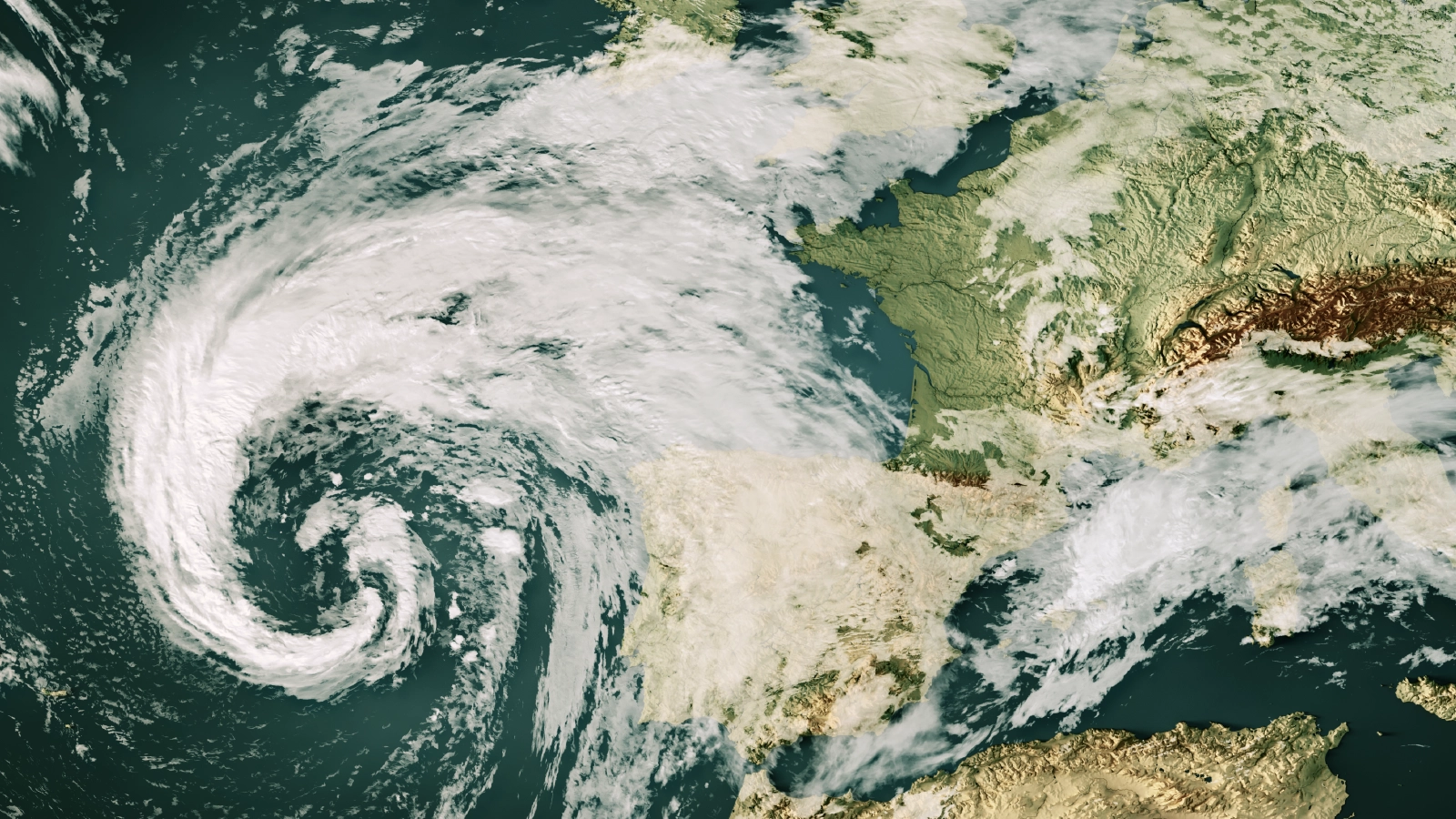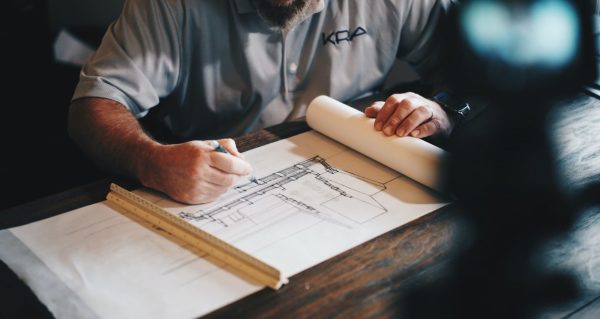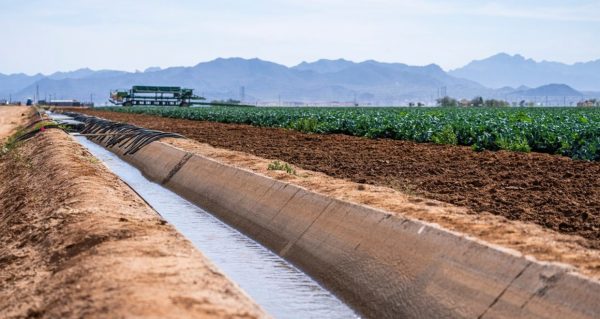Technology and Development
A Q&A with the course leader of Delivering Sustainable Infrastructure: Theory and Practice for Construction
Technology and Development
A Q&A with the course leader of Delivering Sustainable Infrastructure: Theory and Practice for Construction
Revolutionising Infrastructure: Cambridge Experts Share Insights on Sustainable Engineering Challenges and Solutions
How does sustainability engagement inspire creative solutions and collaboration in sustainable infrastructure development?
Engaging in sustainability issues is incredibly stimulating as it covers so many different concerns and therefore requires collective efforts from across a wide variety of different disciplines. Breaking out of our engineering comfort zone and engaging with economists, social and natural scientists, politicians and so on continuously stimulates creative thinking and the opportunity to co-evolve solutions that serve everyday real needs.
Tell us something interesting about your research or any projects you have worked on sustainable infrastructure
My own research has been largely in the field of water engineering, recently looking at issues of urban flood resilience in the UK, water and sanitation projects in Africa and South East Asia and coupled resource management across the water-energy-land nexus. Whilst all are quite different, they are connected by a systems approach to understanding the nature of problems.
Another theme is developing multi-functional solutions in which a range of benefits and outcomes can be achieved from one intervention. For example, the use of blue-green infrastructure to manage urban drainage can add value in so many areas including habitat creation, biodiversity gain, air pollution attenuation, recreation and amenity and more.
How can this course transform the way learners perceive and address sustainable infrastructure challenges, fostering the confidence to drive real and rapid change?
This is quite simple. We hope all those participating in this course will begin to see the world in a different way and pay more attention to how engineering problems in the infrastructure sector are formulated and defined first, before rushing ahead to adopt preconceived solutions. The confidence to engage in real and rapid change is the best we can hope to encourage in all students.
Why is challenging outdated engineering norms in critical sustainable infrastructure crucial for addressing the existential risks posed by climate emergencies, biodiversity loss, and resource depletion?
The context and constraints for delivering critical infrastructure services (water, energy, shelter, transport etc) are rapidly changing and how we ’do’ engineering needs to change as well. In many cases twentieth century solutions may no longer be fit for purpose, but often are still proliferated. Challenging these outdated norms is absolutely essential if the necessary solutions to the climate emergency, biodiversity loss and resource depletion are to be found. This is fundamentally important given the existential risks the world is facing.
How have students in the Infrastructure for Sustainable Development program shaped your perspective and inspired innovation?
Students on the full time 1 year MPhil in Engineering for Sustainable Development, based in Cambridge University’s Engineering Department, come from a range of backgrounds and engineering sectors and all have several years of working in the engineering profession. Their knowledge of real world problems is immense having experienced many of them first-hand. They continually remind us of the need to do better and to persistent and creative in developing much needed new solutions.
Explore our range of online courses led by University of Cambridge academics, and learn from thought leaders at the forefront of academic research. Visit our website for more information: advanceonline.cam.ac.uk(Opens in a new window).





